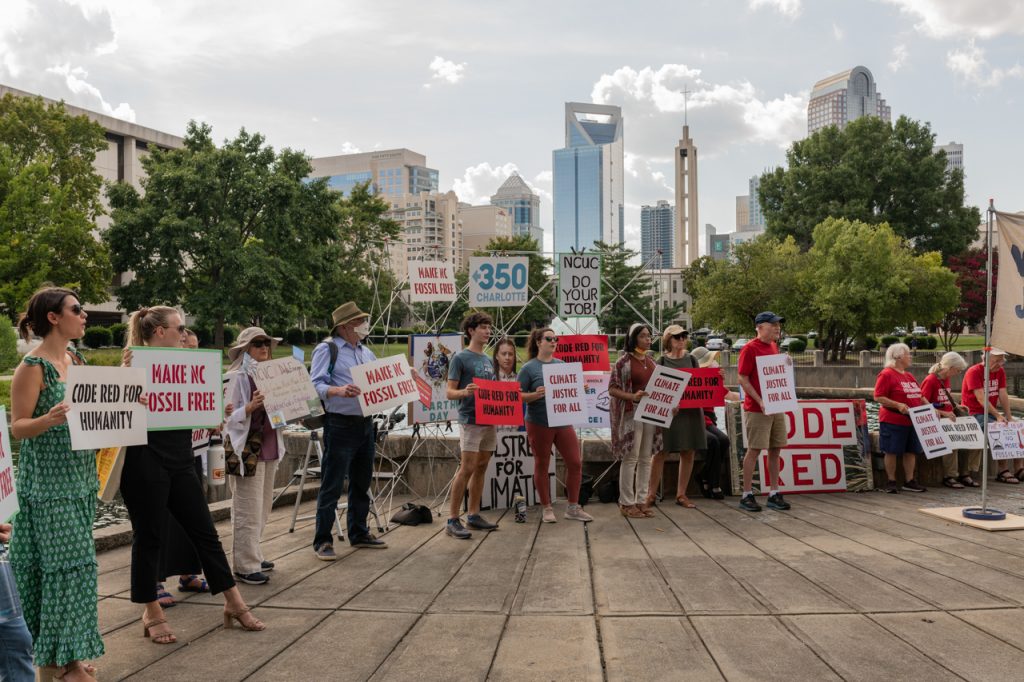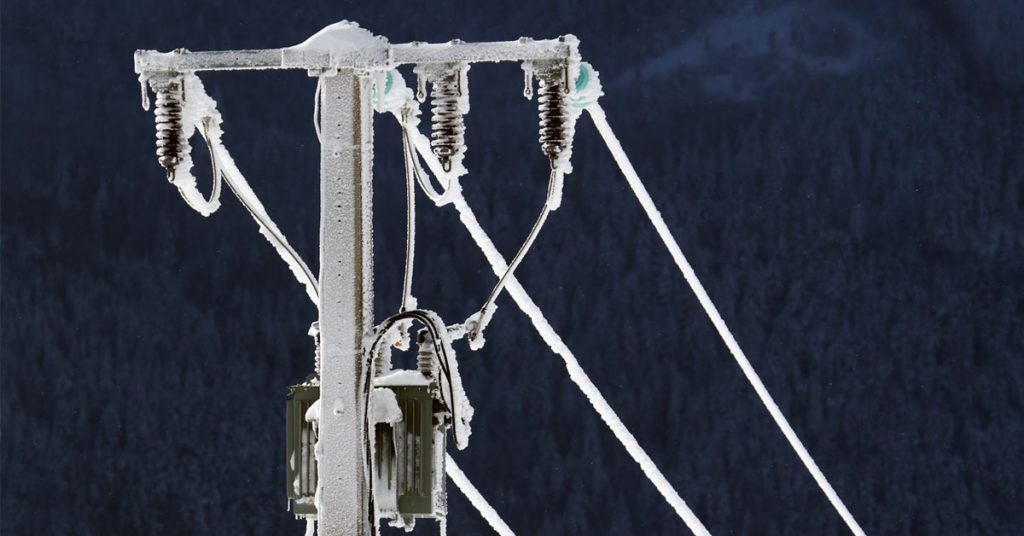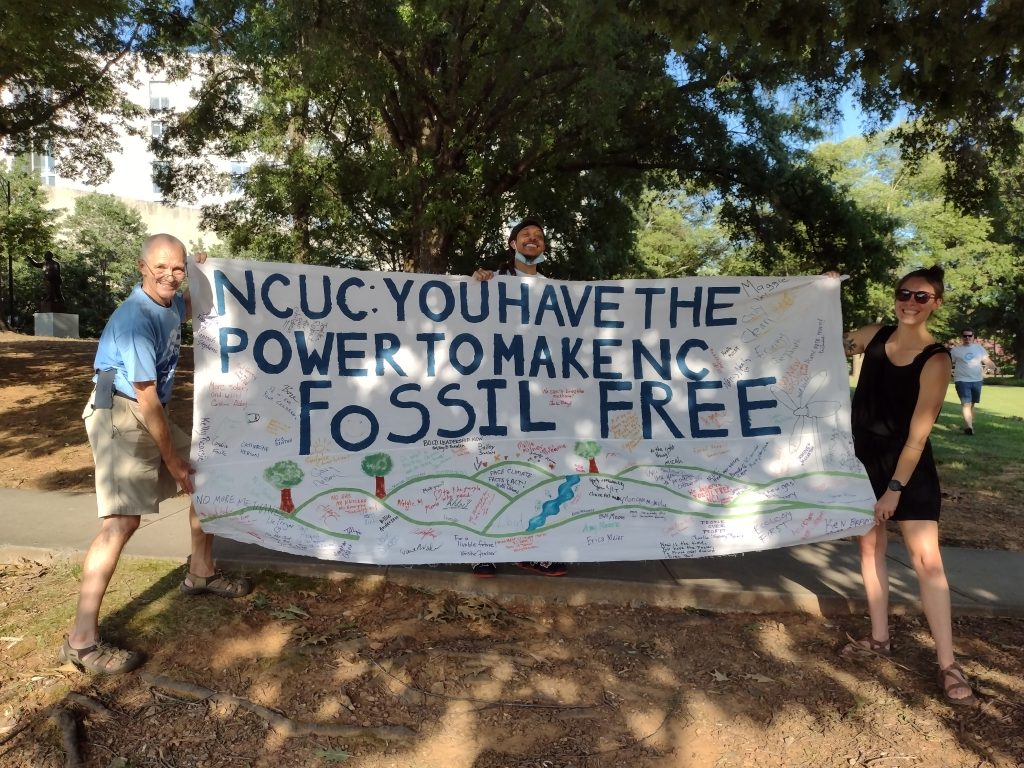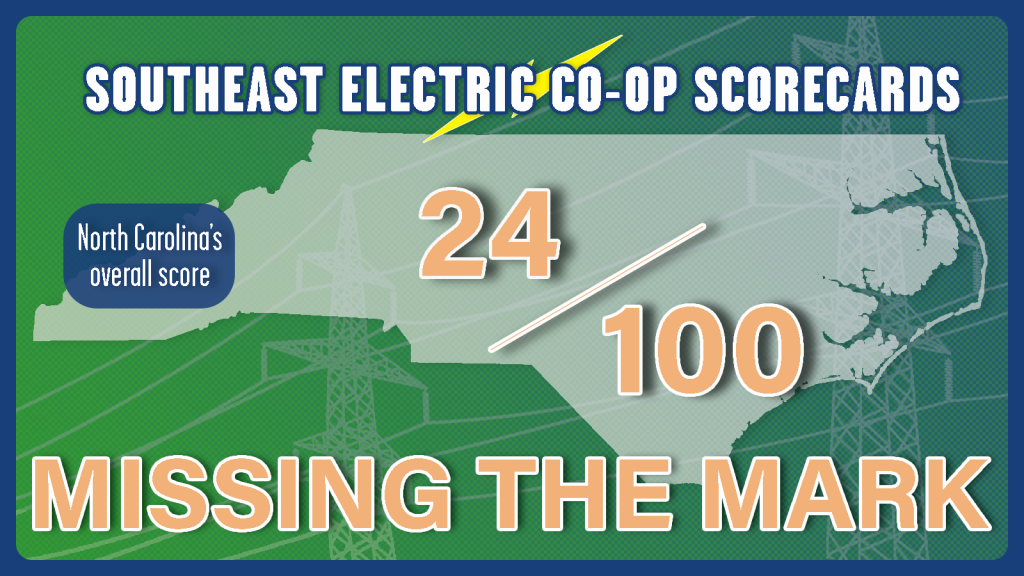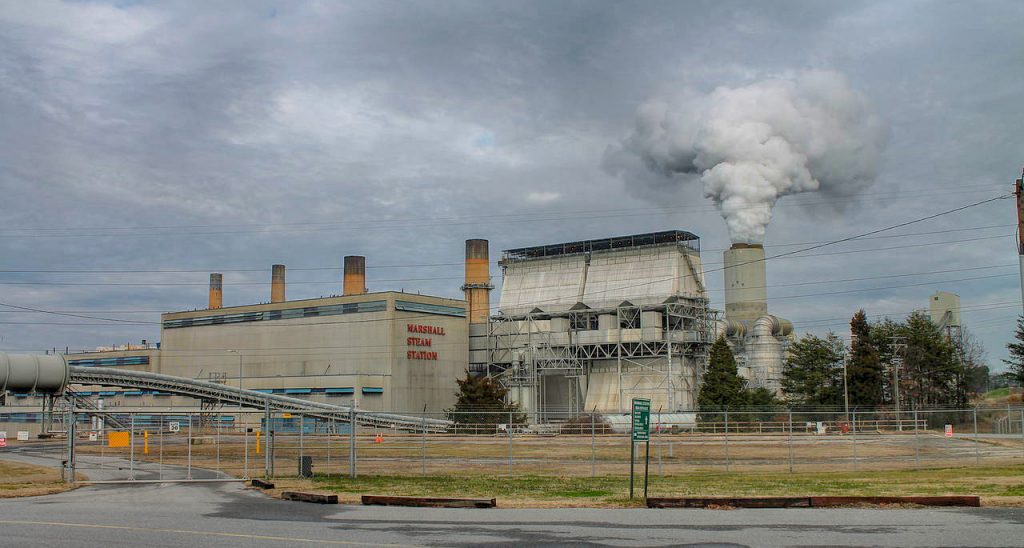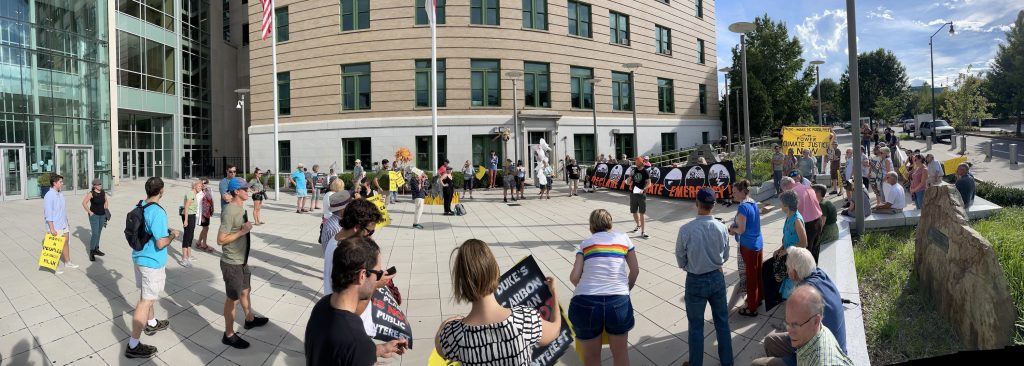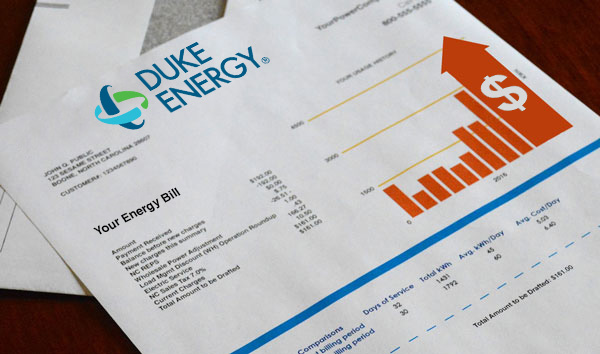Written by Maddy Koch
Maddy Koch
Maddy is North Carolina Field Coordinator for Appalachian Voices' Energy Democracy Program. She grew up in Boone, N.C., and studied media, communications and political science at Appalachian State University.
What’s going on with Duke Energy?
Duke Energy is the largest electricity provider in North Carolina, and we believe Duke is not doing enough to help with increasing renewable energy in the state or keeping energy bills low for all customers.
Building future resilience to extreme cold in the wake of North Carolina’s rolling blackouts
PSE Healthy Energy’s report shows that it’s not necessary for Duke Energy to wait for another emergency situation or just build more electricity generation because “targeted investments in weatherization, energy efficient appliances and demand response programs can keep demand lower and more stable in cold temperatures, and prevent another blackout.”
North Carolina’s Carbon Plan: Planned gas expansion is unnecessary and harmful
The argument for methane gas relies heavily on outdated models that inflate the cost-effectiveness of the fuel. Replacing coal with renewable energy is now cheaper than replacing coal with continued fossil fuel use.
North Carolina’s Carbon Plan: What the utilities commission got wrong
While many organizations, including Appalachian Voices, released initial statements when the Carbon Plan was finalized, there is a lot to unpack in the 137-page document. Specifically, its release is riding on the coattails of Duke Energy’s proposed rate increases and rolling blackouts due to the failures of fossil fuels.
Guest blog: Electric co-ops need to remember the importance of affordability for their members
Blue Ridge Energy has a co-op principle on their website that states, “Cooperatives are democratic organizations controlled by their members, who actively participate in setting policies and making decisions.” I don’t know about you, but I have never been asked to help set policy or make decisions regarding my energy that I am paying for.
The choice for North Carolina’s energy future: high rates or renewable energy?
I live in Duke Energy Progress territory, covering the eastern part of North Carolina and South Carolina along with a little patch in western North Carolina including Buncombe County. Soon, Duke Energy Progress plans to raise our rates, and I’m not sure it’s justified.
North Carolina needs a statewide People’s Energy Plan
Appalachian Voices, along with many others, is speaking up about the state’s Carbon Plan and the needs of North Carolinians as we transition to a clean energy future.
The North Carolina People’s Energy Plan
The North Carolina People’s Energy Plan seeks a cleaner, more affordable, more just energy system for the state.

